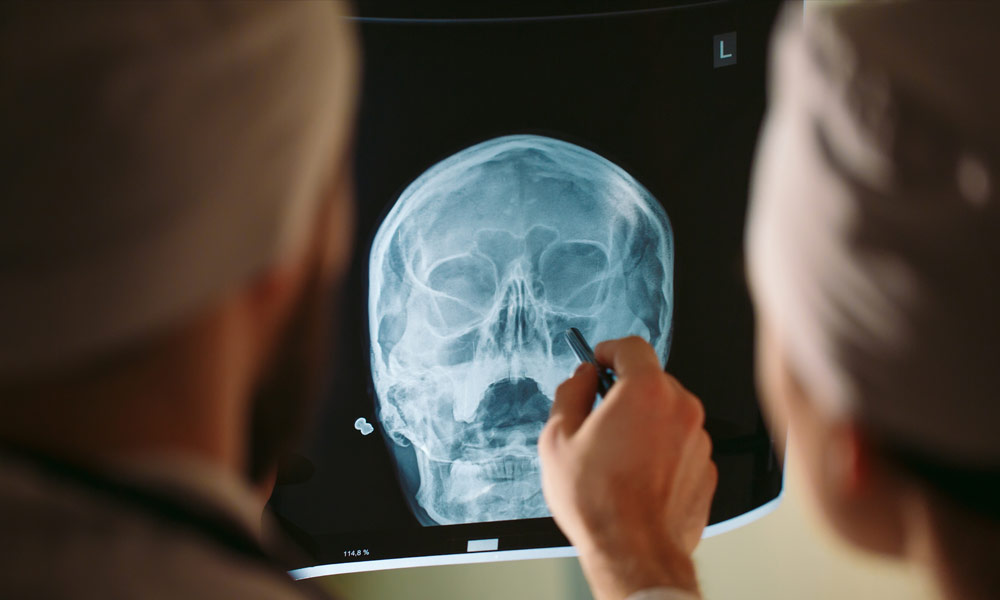While riding a motorcycle is all about passion, convenience, and fun, it is also a dangerous mode of getting around if proper safety measures are not followed. Statistics show that motorcycle riders accounted for nearly 14% of all traffic fatalities. Also, 1 out of 5 motorcyclists encounters traumatic brain injury (TBI) or a neck injury during an accident.
In the United States, around 80% of the motorcyclists involved in an accident suffered injuries. This accounts for about three million people. As per National Highway Traffic Safety Administration (NHTSA), 4,985 motorcyclists were killed in 2018. A motorcycle crash is a traumatic event, and bikers are at a greater risk of sustaining severe injuries than car or truck drivers.
What to do immediately after a motorcycle accident?
The priority immediately after a motorcycle accident is to make sure you and others involved in the crash are conscious. Then, take deep breaths, check for injuries, and contact the emergency services. Seeking immediate medical attention is vital for the recovery. If a doctor directs seeing a specialist, take the advice. This ensures that you get a specific diagnosis and treatment.
Motorcycle accident head injuries
Recovery from a motorcycle accident may take months or years. It may cause some severe pain or problems. Sometimes,
- There is a delayed onset of lethal injuries and not felt or noticed immediately. A classic example of delayed onset of injury is a traumatic brain injury (TBI).
- The brain can suppress pain sensations. It is especially true with a motorcycle accident, as shock and trauma of the crash may delay the reactions.
Professional doctors can easily detect trauma, hidden damage, and injuries. They assess the patient’s injury, act quickly to prevent permanent damage, and reveal any delayed signs or symptoms from injury.
Treatment and recovery from a motorcycle accident depend on the location and severity of the injury. In case of minor injuries, the patient may only need pain killers, medication, and rest. However, brain injury patients may need surgery, physical therapy, medicine, and cognitive rehabilitation.
Recovering from motorcycle accident head injuries
Here are some tips for recovering from motorcycle accident damage.
- Rest: It is a crucial part of healing, both mentally and physically. Taking sufficient rest helps the body recover from soreness and muscle tension. However, sometimes, pain is overwhelming, making it hard to rest or even sleep.
- Hydration: In most cases, motorcyclists are dehydrated before and after the accident. Water is one of the major components of cells. Hence, to keep proper functioning of the body and for the wound-healing, hydration is essential. Being adequately hydrated affects the body positively and repairs itself with minimal cramps and physical stress. It regulates blood circulation and blood volume, thereby helping in recovery. Dehydration leads to muscle cramps, fatigue, and headaches.
- Physical therapy: To relieve stress and body pain, healthcare professionals may recommend massage or physical therapy. It reduces pain and aids in regaining control over the body and some occupational skills.
- Emotional Support: Seeking emotional support is essential. A therapist or a support group can help to process all the reactions a patient is experiencing.
Serious traumatic brain injury can cause permanent damages, such as memory loss and chronic pain. The therapy and recovery process can continue for months or even years. Sometimes, even with years of rehabilitation, a patient may require nursing care. Traumatic brain injuries after a motorcycle accident are the most expensive injuries. If the patient is young at the time of injury, care costs can run into thousands or millions of dollars.
Speeding up the recovery process after a motorcycle accident
There are some uncertainties related to the recovery process after a motorcycle accident. Hence, to speed up the recovery time, you can take the following steps.
- Avoid smoking
- Eat a balanced diet comprising vitamins and minerals
- Attend therapy sessions
Motorcycle accidents are traumatic and are often out of your control. When they happen, follow the steps outlined by your doctor.


